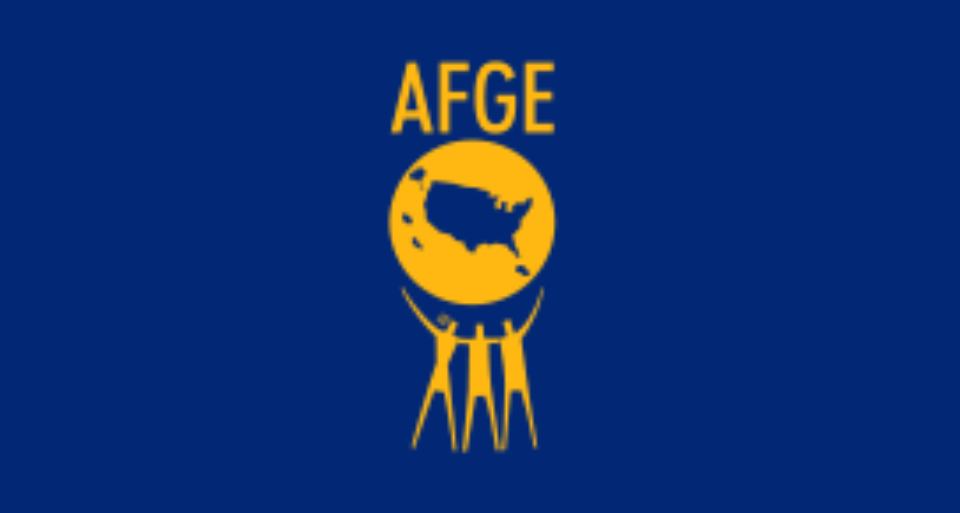VA may distribute coronavirus vaccines within a couple of weeks, Wilkie tells veterans groups
Biden’s pick for VA Secretary may be a post-9/11 veteran
November 17, 2020White House Supports Pay Freeze
December 7, 2020The Department of Veterans Affairs expects to distribute coronavirus vaccines within a week or two, with a focus on inoculating high-risk veterans and staff members, VA officials told veteran group leaders on a call Thursday. Physicians and doctors treating veterans in covid-19 wards will be a priority for the vaccine, VA Secretary Robert Wilkie, who oversees the nation’s largest integrated health network, said on the call. VA’s effort will be an early test of the federal government’s enormous task of vaccine distribution as infections and daily deaths soar to new heights. More than 5,000 veterans have died under VA care, along with 74 staff members, according to VA data. READ MORE
The Department of Veterans Affairs expects to distribute coronavirus vaccines within a week or two, with a focus on inoculating high-risk veterans and staff members, VA officials told veteran group leaders on a call Thursday.
Physicians and doctors treating veterans in covid-19 wards will be a priority for the vaccine, VA Secretary Robert Wilkie, who oversees the nation’s largest integrated health network, said on the call.
VA’s effort will be an early test of the federal government’s enormous task of vaccine distribution as infections and daily deaths soar to new heights. More than 5,000 veterans have died under VA care, along with 74 staff members, according to VA data.
Veterans and staff members in other high-risk categories, such as spinal cord injury wards, are also in the high-priority groups, according to a veterans group leader who spoke on the condition of anonymity in order to speak about the private call.
Wilkie did not elaborate on other groups, and did not address prioritizing minority veterans — a group VA has said is infected at higher rates than White veterans. He also did not provide a timeline for when veterans and VA staff can expect to receive vaccinations.
Wilkie did not take questions, according to two people on the call. VA spokeswoman Christina Noel did not respond to a request for comment. VA may also hire workers to handle the logistical challenges of delivering vaccines inside the sprawling network of 1,200 medical facilities that treat 9 million veterans. VA expects to receive both the Pfizer and Moderna vaccines, and will order special freezers to house the Pfizer vaccine, which must be stored at minus-94 degrees Fahrenheit.
Some clarity from VA was encouraging for an agency that has been challenged in releasing public details throughout the pandemic, said Jeremy Butler, chief executive of the advocacy group Iraq and Afghanistan Veterans of America.
“We still have a lot of questions, and there’s still a lot of transparency we’d like to see,” he said.
One question left unresolved, Butler said, is whether minority veterans will be prioritized or targeted for specific outreach as misinformation and conspiracy theories run rampant.
There is a trust gap among Black and Hispanic communities about the vaccines, studies have found, and VA has not detailed the depth of its outreach to those groups. Black veterans make up 12 percent of the veteran population but more than 22 percent of covid-related deaths at VA, according to agency data
Confusion over who may receive the vaccine circulated in New Orleans after the VA hospital there told veterans in an email and Facebook that they can “reserve” their inoculations.
The New Orleans VA Medical Center posted a phone number for veterans to call and save a spot. The post was deleted after The Washington Post inquired about it to VA. “Veterans do not need to call to reserve a vaccine,” Noel said, and she did not provide further explanation. Calls made to the listed number reached an operator who said the hospital was inundated with calls from veterans.
This content is restricted to site members. If you are an existing user, please log in. New users may register below.
Share via:






